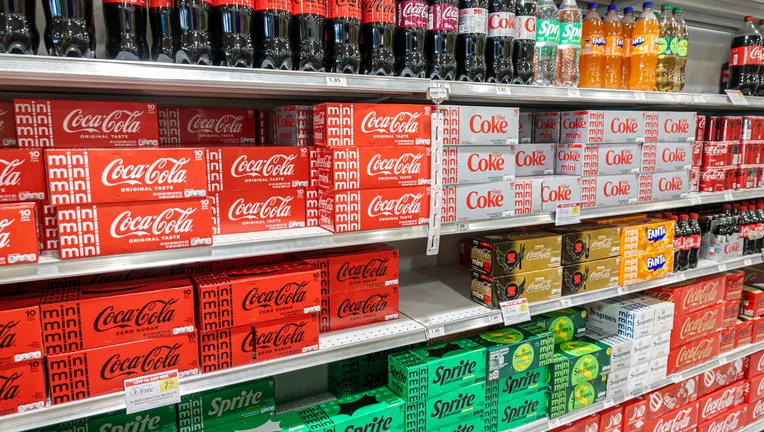Soft drink recalls are a critical aspect of ensuring consumer safety and maintaining product quality. When a recall is issued, it is typically due to concerns over potential health risks, contamination, or labeling inaccuracies. Recently, several soft drink brands have faced recalls, prompting consumers to stay informed about which products are affected and the reasons behind these actions. This article provides an overview of recent soft drink recalls, the reasons for these recalls, and what consumers should do if they have purchased the affected products.
Overview of Recent Soft Drink Recalls
In recent months, multiple soft drink brands have issued recalls due to various issues ranging from contamination with harmful substances to labeling errors. These recalls are often initiated after routine quality checks, consumer complaints, or alerts from regulatory agencies. Here’s a look at some notable recalls:
1. Brand A Recall: One major recall involved Brand A, which issued a voluntary recall of its popular lemon-lime soda. The recall was prompted by concerns that the beverage may contain elevated levels of a chemical contaminant linked to potential health risks. The company has advised consumers to return the affected products for a full refund.
2. Brand B Recall: Brand B, known for its range of fruit-flavored soft drinks, faced a recall due to a labeling error. Some bottles were incorrectly labeled, which could mislead consumers regarding the presence of allergens. The recall affects a specific batch of products with incorrect allergen information.
3. Brand C Recall: Another significant recall involved Brand C, which discovered that certain batches of its cola product were contaminated with foreign particles. The contamination was detected during routine inspections, leading to an immediate recall to prevent potential health hazards.
Reasons for Soft Drink Recalls
Soft drink recalls can occur for several reasons, each of which poses potential risks to consumers:
1. Contamination: Contamination with harmful substances or foreign particles is a primary reason for recalls. Contaminants can originate from various sources, including production equipment or raw materials. Ensuring that products are free from contaminants is crucial for consumer safety.
2. Labeling Errors: Accurate labeling is essential for informing consumers about the contents of a product, especially when it comes to allergens or dietary restrictions. Labeling errors can lead to recalls if the product does not match the information on the packaging.
3. Quality Control Issues: Routine quality checks may reveal issues such as deviations in taste, appearance, or consistency. While not always a safety concern, these issues can lead to recalls to maintain product quality and consumer trust.
4. Regulatory Compliance: Compliance with food and beverage regulations is critical. Recalls may be initiated if a product is found to be in violation of regulatory standards, even if there is no immediate health risk.
What Consumers Should Do
If you have purchased a soft drink that has been recalled, follow these steps to ensure your safety:
1. Check the Recall Information: Review the recall notice issued by the brand or regulatory agencies. This notice typically includes details about the affected products, including batch numbers, expiration dates, and specific reasons for the recall.
2. Discontinue Use: If your product is affected by the recall, discontinue its use immediately. Do not consume or open the product.
3. Return or Dispose: Follow the instructions provided in the recall notice regarding the return or disposal of the product. Many companies offer refunds or exchanges for recalled items. If returning the product is not possible, follow proper disposal guidelines to prevent accidental consumption.
4. Stay Informed: Keep up with news and updates regarding recalls from trusted sources. Regulatory agencies such as the Food and Drug Administration (FDA) and the Consumer Product Safety Commission (CPSC) provide timely information about recalls and safety alerts.
Conclusion
Soft drink recalls are essential for maintaining consumer safety and ensuring product quality. Recent recalls involving various brands highlight the importance of vigilance and responsiveness in addressing potential health risks. By staying informed and following recall instructions, consumers can protect themselves and contribute to a safer marketplace. As the industry continues to prioritize quality control and regulatory compliance, the focus remains on preventing issues before they reach consumers and maintaining trust in the brands that people enjoy.
